The death of Robbie Robertson on Wednesday 9 August, at the age of 80, caused the usual flood of ink when a musical heavyweight leaves the stage. Perhaps in his case, due to the coincidence in the obituary pages with the more mediatic (although fame came to him late) Sixto Rodríguez, it was less than what an elemental figure for understanding American popular music of the last sixty years deserves.
As frontman of The Band, unequivocally one of the best rock bands of their geographic demarcations, Robbie Robertson helped to coin the Americana genre. First as a faithful squire of Bob Dylan’s electric start, then emancipating himself from the imposing figure of the man from Duluth with a band that knew like no other (perhaps only Creedence Clearwater Revival) how to synthesise the musical roots of its geographical spectrum under a formula that has been used and adored by countless bands in subsequent years.
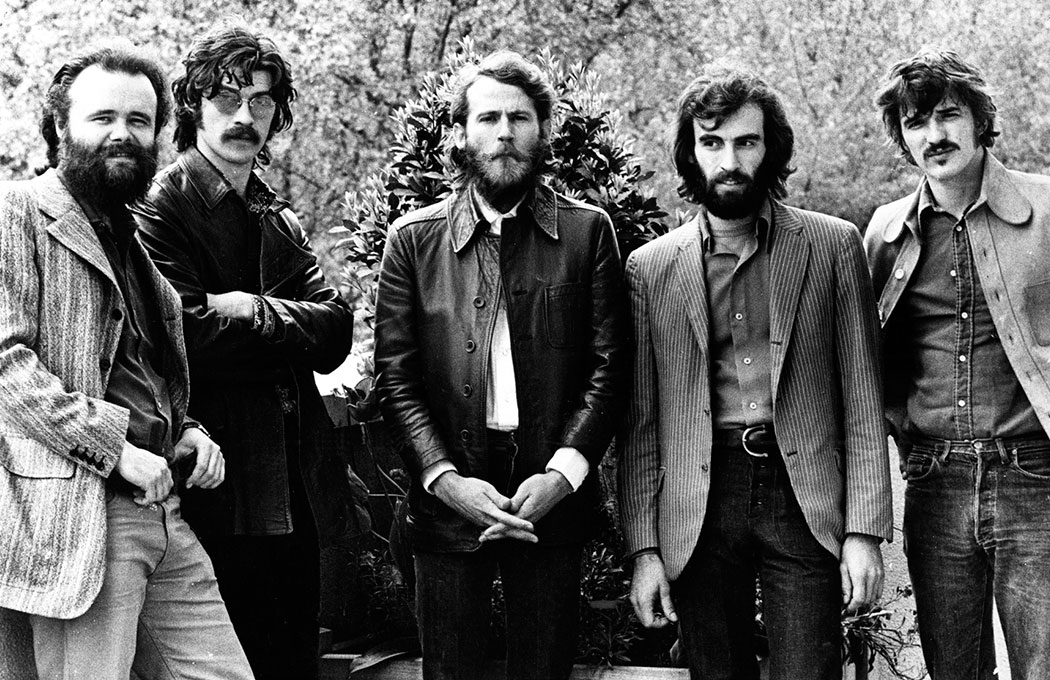
The Band.
Robbie Robertson has been lauded these days as the treasurer of an enduring rock catalogue, but his permanent -and committed- liaison with director Martin Scorsese has not come under such scrutiny. The friendly and professional relationship between the two goes back to the filming of The Last Waltz (1976), that farewell to a band in style, reinforced by some legendary guests, and the audience at the Winterland Ballroom, who were dedicated to a historic event, implanting their best attributes in the celluloid arranged by the New Yorker.
This cinematographic mark of, let’s say it again, one of the best film-concert films in history, marked the beginning of a relationship that would remain stable and fully productive for four decades. A close collaboration, the latest instalment of which is the sound packaging of the forthcoming Killers of the Flower Moon, the work to be released (October) by the author of Goodfellas. And a relationship whose affective depth is perceived in the words of remembrance poured out by the Queens filmmaker on his Instagram account.
Their relationship went beyond the usual framework of soundtrack composer and trusted filmmaker. Robertson would become, from Raging Bull (1980) onwards -where he acted as music producer and contributed two songs to the soundtrack- Scorsese’s musical advisor. A role that went beyond that of soundtrack composer and extended to sound supervision and musical consultant.
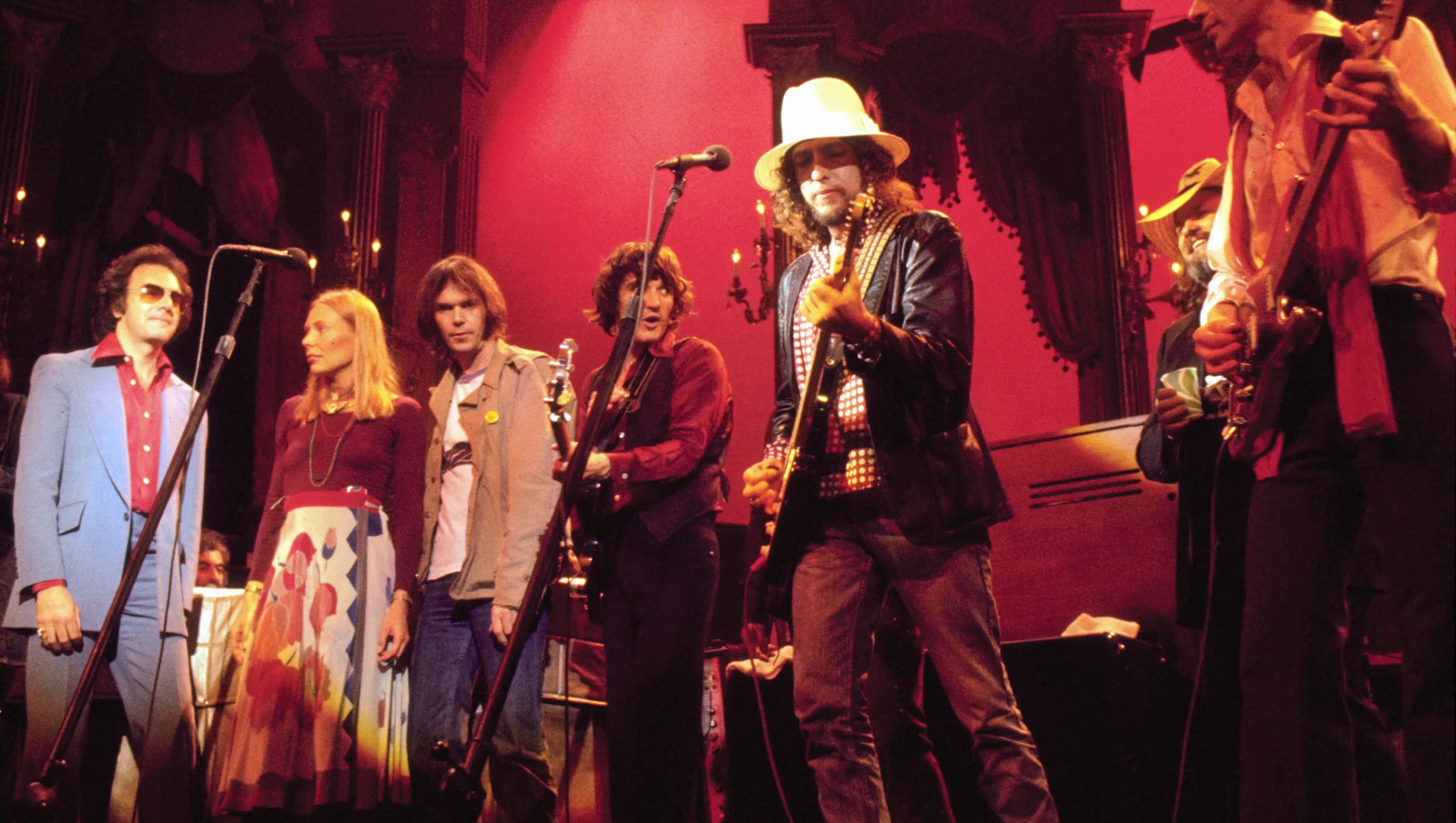
The Last Waltz (Martin Scorsese, 1976).
The artistic couple hit it off from the first meeting and, moreover, were able to feed off their shared passion for film and music. If Scorsese has shown, in his endless myriad of works, a major interest in musical documentaries, the Toronto musician tried his hand at the other side, that of film sets, to star in the 1980 film Carny (1980), for which he also wrote the screenplay and signed on as producer. But Robbie Robertson’s best contribution to the seventh art was to supply instrumental and sung themes and heterogeneous sound proposals to complement and validate the images served up by his partner. A stylistic range that allowed him to fit in with the variety of genres that the genius from Queens has tackled.
In The Color of Money (1986), we know the anecdote told by the guitarist of The Band himself, who, unable to read and write music, had to send some recordings to Scorsese with the intention of later transferring them to the studio with an orchestra. This was ignored by the director of Mean Streets, who decided to go ahead with the draft he had received and include it in the final cut, without any orchestral additions or refinements. From then on, Robertson was more cautious with the material sent to him.
Their bond remained unbreakable over time. In Casino (1995) he acted as music consultant, a role similar to the one he played in Shutter Island (2010). In Gangs of New York (2002), on the other hand, he was executive music producer, as he was on The Departed (2006), The Wolf of Wall Street (2013), Silence (2016) and The Irishman (2019), where he conceived the film’s main theme and “I Heard You Paint Houses” with Van Morrisson‘s vocal contribution, which would form part of Sinematic (2019), his sixth and last solo album.
Igual de inquieto, engrescado con la novedad, polivalente en sus dotes que su benefactor cinematográfico, Robbie Robertson también prestó servicios a otros cineastas: a Oliver Stone en Un domingo cualquiera (1999), también lo haría en películas como Jimmy Hollywood (1993) o Brigada 49 (2004). Aunque su rastro más permanente siguió en paralelo al cineasta italoamericano. Tanto que extraña que no fuera Scorsese quien dirigiese Once We Were Brothers (2019), el documental sobre The Band; puede que por un exceso de respeto.
Equally as restless, eager for novelty, versatile in his talents as his film benefactor, Robbie Robertson also provided services to other filmmakers: to Oliver Stone in Any Given Sunday (1999), as well as in films such as Jimmy Hollywood (1993) and Ladder 49 (2004). Although his more permanent trail followed in parallel to the Italian-American filmmaker. So much so that it is strange that it was not Scorsese who directed Once We Were Brothers (2019), the documentary about The Band; perhaps out of an excess of respect.
Their farewell as a duo is the soundtrack of Killers of the Killing Moon, a work which, knowing Robertson’s Native American origins, and the sonic exploration of that identity through an album like Music For The Native Americans (1994), together with The Red Road Ensemble, it is hoped that his last creative breath will contribute to the greatness of the wake left by his existence. The only pity is that he, who still had so much to contribute, will no longer be around to savour the sweetness of a new (and last) recognition as an exceptional musician and storyteller.

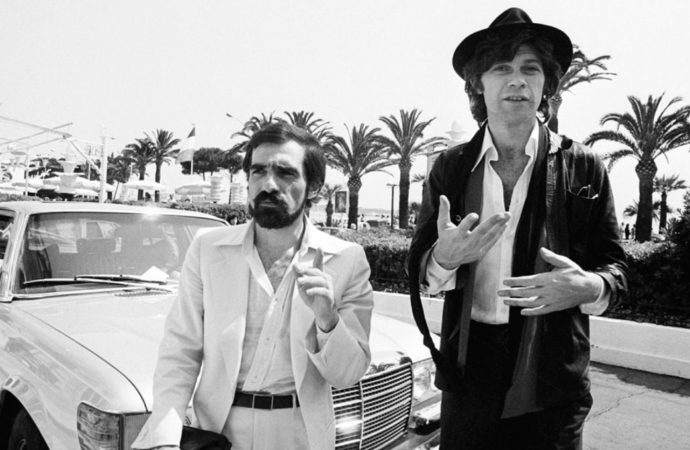

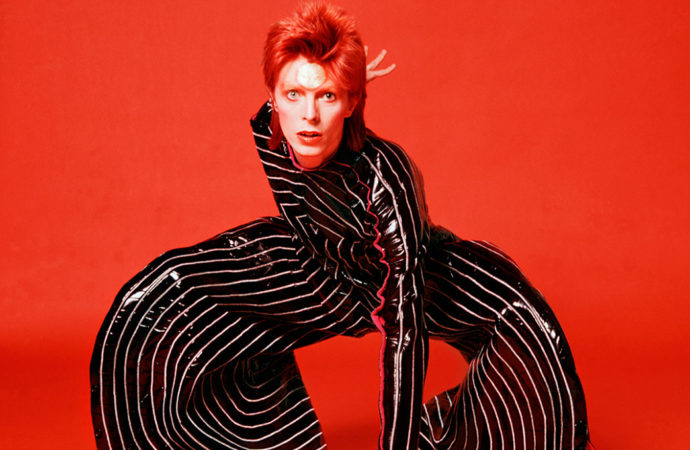

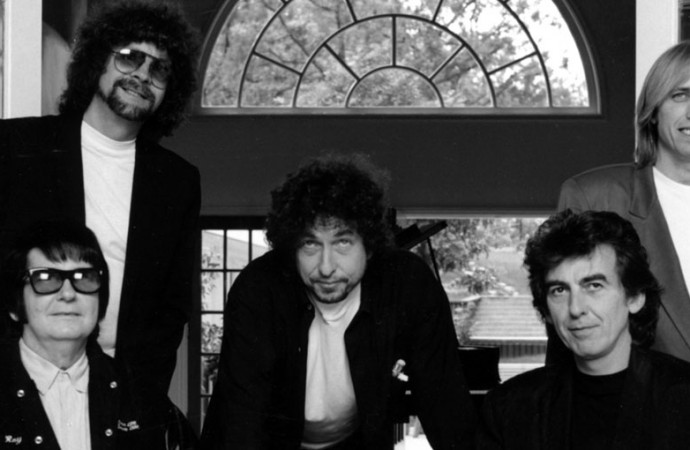
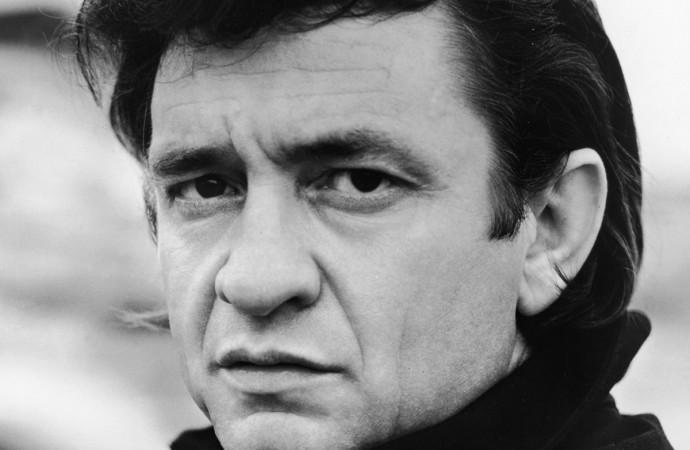
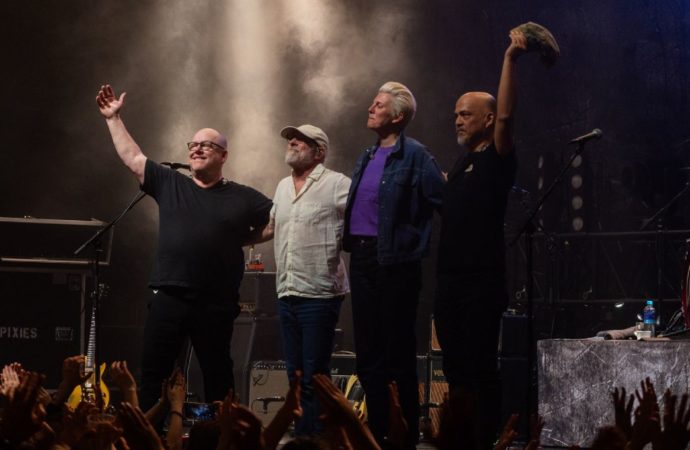

No one has posted any comments yet. Be the first person!